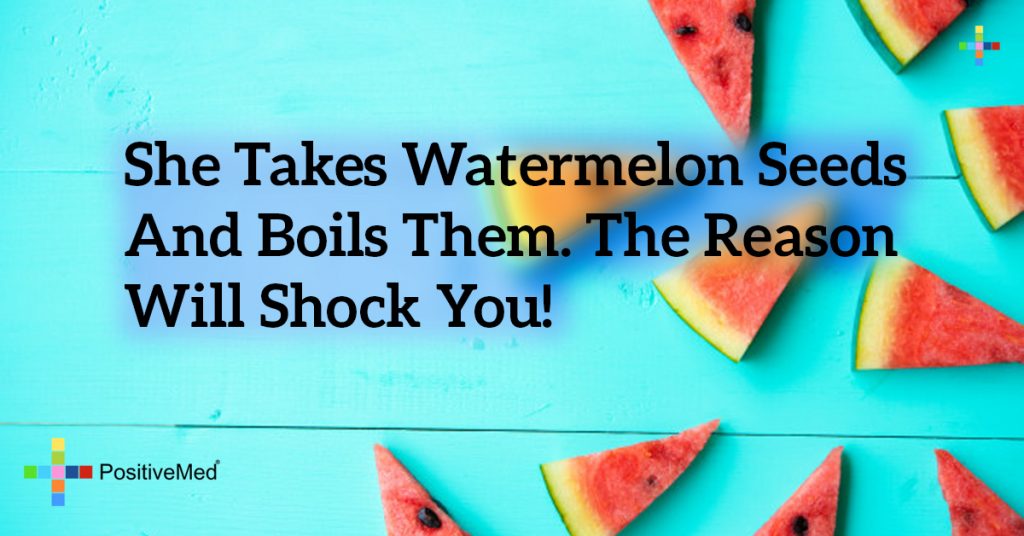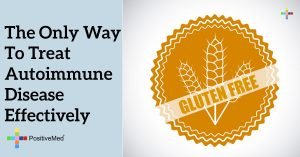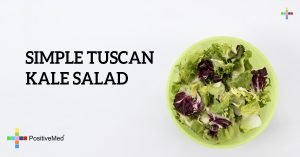
While watermelon seeds are typically seen as a nuisance, getting in the way of eating a delicious and refreshing fruit, they have a surprising number of health benefits. People are likely to throw away their watermelon seeds, but if their health benefits were more commonly known, this would not be happening.

According to the Huffington Post, watermelon seeds are very beneficial for improving the digestion. This is because the seeds travel through the digestive tract, promoting bowel movement and efficient digestive system. Loaded with fiber, these seeds also treat and heal parasites in the intestines, as well as inflammations and jaundice. However, this is one of only a few health benefits of watermelon seeds.
Protein
Once watermelon seeds are sprouted, shelled and dried, they are delicious, protein-packed little snacks. A one-ounce serving of watermelon seeds packs 10 grams of protein, which is about the same amount as a yogurt. Compared to other seeds, they have higher protein and lower fat.
Vitamins and Minerals
Watermelon seeds contain vitamin B and magnesium, as well as healthy fats such as monounsaturated and polyunsaturated fats, which reduce inflammation in the body, cholesterol levels, and the risk for stroke and heart disease. Watermelon seeds also have a high amount of the citrulline compound. This organic complex contains many antioxidant properties.
Citrulline compound widens blood vessels, which also makes them work more effectively. This compound is very useful in treating health problems like high blood pressure, atherosclerosis, and angina pectoris.
RELATED ARTICLE: 9 Hidden And Dangerous Signs Of High Blood Pressure That Everyone Ignores
One of the best minerals that are in these seeds is magnesium. There are 21 milligrams of magnesium in a 4 gram serving of watermelon seeds. Adults should be consuming 400 mg of magnesium each day, so this helps to accomplish that nutritional goal.
Magnesium is a mineral that people are often deficient in, yet it is essential for many metabolic functions. Magnesium is required in order to maintain muscle and nerve function, in addition to bone, immune, and heart health.
One-quarter cup of watermelon seeds has about 0.29 mg of iron. While this does not seem like a lot, it is only recommended to get 18 mg of iron each day. Iron is very important to blood, as hemoglobin carries oxygen throughout the body. Iron also helps the body turn calories into energy.
Watermelon seeds also contain folate, which is also known as vitamin B-9 or folic acid. This is important for controlling homocysteine levels, as well as for effective brain function. It is especially important for pregnant women to increase their intake of folate, as its deficiency is linked to birth defects.
According to HealthLine, roasting watermelon seeds is relatively easy to do. Bake the seeds in the oven at 325 degrees F for about 15 minutes in order to roast them. Stirring them about seven minutes into the process ensures that they will come out with an even crispiness. You can increase the taste of the seeds by adding one tablespoon of olive oil per 2 cups of seeds, as well as 1/2 teaspoon of salt. You can also sprinkle them with one teaspoon of cinnamon and two tablespoons of sugar.





